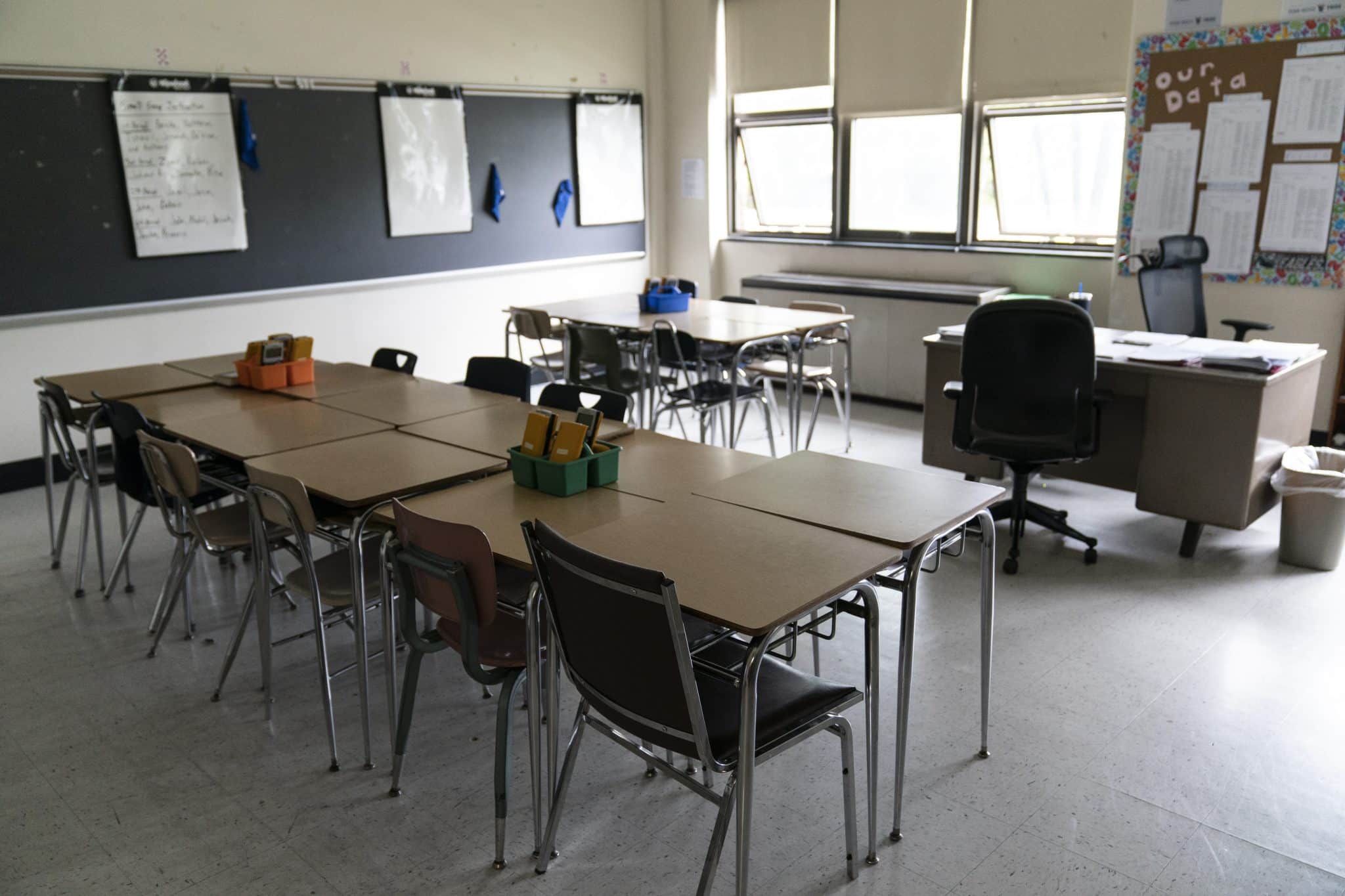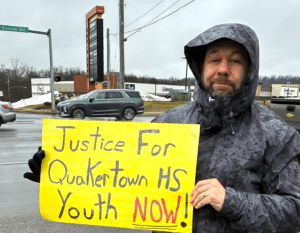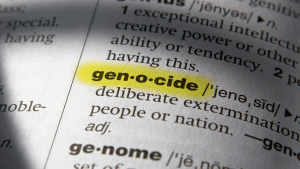The annual June 30 public school district budget deadline is now in the rearview.
As the Trump Administration’s “big beautiful bill” was signed into law on July 4, many public school districts across the commonwealth – and the nation – face financial limbo over how they’ll pay for the upcoming school year.
According to the Pennsylvania School Board Association, next week’s July 15 deadline for subsidy payments school districts receive through state and local governments looms large.
“Missing this subsidy payment may force school entities to borrow in order to meet payroll, fulfill operational needs and comply with state-mandated obligations – including the required monthly charter school payments (which were) due July 5,” a PSBA representative said via email.
Pennsylvania’s public school districts are funded through a variety of sources: federal, state and local monies, which include state Basic Education Funding Subsidy; grants, special education funding, Secondary Career and Technical Education Subsidy, Public Transportation Subsidy, and Ready to Learn Program block grants.
But PA Schools Work reported public school districts are overly reliant on property taxes for revenue, with local taxpayers footing about 55% of the tab to educate students.
For some districts, not having state funding in place may mean taking on short term debt using a Tax and Revenue Anticipation Note, or TRAN, which is a short term loan used to cover upcoming expenses.
For example, a $10 million loan would amount to interest payments of about $100,000. The interest is not reimbursable, a PSBA member said.
A breakdown of proposed state appropriations for the coming school year may be found here.
Centennial School District – the last known holdout in Bucks County for adopting a final budget, approved its spending plan during a special meeting July 2.
Centennial, with a K-12 population of about 5, 317 students, has students from Ivyland Borough, Warminster and Upper Southampton townships.
The 5-4 vote – mostly along party lines except for Republican Charles Martin’s ‘no’ vote – adopted a final spending plan of roughly $156.45 million, which calls for a 3.75% tax increase.
READ: The GOP’s Budget Bill and Its Federal Funding Cuts Will Harm Bucks County Students
That means an added $133.10 for the average property tax bill tab. The tax increase brings the total millage rate in Centennial to 172.6563. A mill is worth $1 for every $1,000 of a property’s assessed value.
“Though the budget passed with only a 3.75% tax increase, it still relies heavily on drawing from district reserves in order to maintain critical programs. With no substantive dialogue among board members on areas to responsibly reduce spending, our district is being set on an unsustainable financial path,” a Concerned Citizens of Centennial School District press release said after the vote. Concerned Citizens of Centennial School District is a grassroots advocacy group.
Republican School Board Directors Mary Alice Brancato, Mark Gindhart, Flemming Godiksen, Michael Hartline and Kathleen Maguire voted ‘yes’. Republican Martin joined Democrats Patti Crossan, Jane Schrader Lynch, Charles Martin and Tony Sadowski to vote ‘no’.
Brancato, Centennial school board’s president, said she did not want the budget in its current form but voted for it to avoid further harm to the community if a budget had not been adopted.
“Otherwise we would have ended up in court,” Brancato said.
Board Member Schrader Lynch criticized the process, and said more needed to be done earlier to find ways to cut costs and avoid tapping the district’s fund balance – which serves as its “savings account” as well as give administrators and board members more time – and say – in how to grapple with revenues that continue to stubbornly exceed expenses.
Concerned Citizens said in the press release Centennial’s current rate of spending without “meaningful increases in revenue … will exhaust its financial reserves by 2028 or 2029. This is a dire warning.”
Lynch was blunt in her assessment of the districts’ financial affairs.
“I think it’s mandatory to do something before we are broke,” she said of the pattern of “deficit spending.”
Spotlight PA reported Governor Josh Shapiro is optimistic the state’s budget deal is coming “very soon” as the deadline threatens local districts’ funding.
With a history of blowing budget deadlines, Pennsylvania did not meet the June 30 deadline to adopt its own budget. Pennsylvania’s budget process and timeline may be found here.
READ: Head Start Survives Trump Administration Budget Proposal
Delayed budget adoption impacts will take until August to be felt for many who did not receive their state funding on time – including public school districts.
PSBA said property tax bills are printed and mailed in August, based on final approved school district budgets.
“While we are relieved a budget has been approved, the events of the past three school board meetings —i ncluding tonight’s special session — have made it clear that the board is deeply divided,” the Concerned Citizens press release said.
Districts are currently unable to reopen their budgets, or change tax bills after the fact – regardless of the funding they receive – or don’t receive from state, federal or local government sources.
Without an approved budget in place the commonwealth cannot make some discretionary payments – including those made to counties, grant funding, public school districts and vendors, AP reported.
Under Shapiro’s proposed 2025-2026 spending plan, $8.23 billion is included for the Basic Education Funding appropriation, along with other subsidies and grant appropriations.
Staff salaries and benefits account for roughly 69% of many public school district budgets, according to a PSBA virtual event held July 2.
Funding for cyber charter schools is uncertain. PSBA requested legislators place a $10,000 statewide spending cap to pay for students who attend outside cyber and charter schools.
In June the state House passed a bill to “limit per-student payments to Pennsylvania’s cyber charter schools ” for cyber charter schools to $8,000 per year. About 65,000 students attend cyber or charter schools in the commonwealth and the costs districts pay to educate them vary widely.
Rep. MaryLouise Isaacson (D-175), who serves a portion of Philadelphia, is the prime sponsor of Pennsylvania House Bill 1500, which seeks to cap cyber and charter funding. Among the co-sponsors is Rep. Jim Prokopiak (D-140) of Bucks County.






